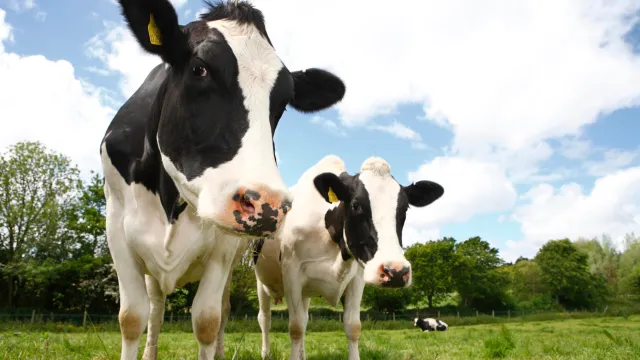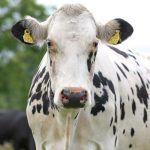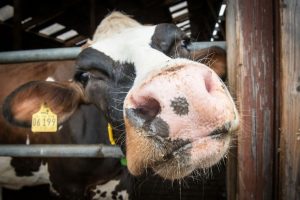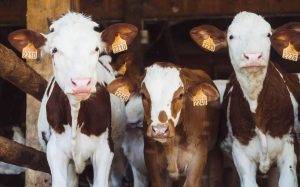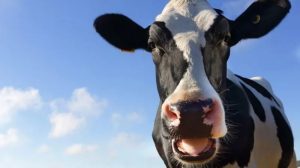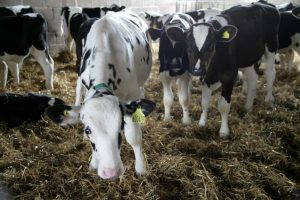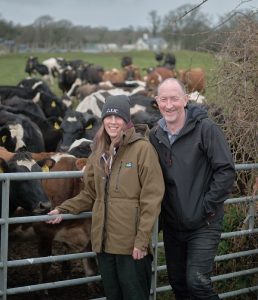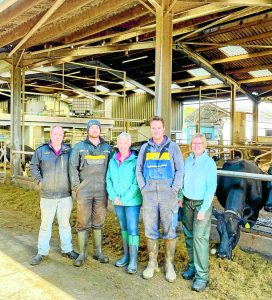
The disease does not affect humans but can be fatal in cows, sheep and other ruminants and prolonged outbreaks could affect farming industries.
Farmers have been warned to be vigilant after the virus bluetongue was identified in the UK for the first time in 16 years.
A 10km temporary control zone has been put in place around a dairy farm near Canterbury in Kent after a cow tested positive for the disease.
The virus is carried by midges and may have been brought into the country from the Continent.
The last time bluetongue was found in the UK was in 2007, when the then prime minister Gordon Brown convened an emergency Cobra meeting to assess the situation alongside further outbreaks of foot and mouth disease.
Bluetongue affects cows, sheep, deer, goats and llamas but does not affect people or food safety.
However, prolonged outbreaks would lead to restrictions on animals and trade, potentially affecting the UK’s beef and dairy industries.
Environment Secretary Therese Coffey authorised the 10km zone on Saturday after the virus was identified and it will be in place until further notice. Cattle and other animals cannot be moved inside or outside the zone while it is in force.
“This detection is an example of our robust disease surveillance procedures in action and it is also a clear reminder for farmers that the disease remains a threat, despite coming towards the end of the midge activity season.
“Farmers must remain vigilant and report any suspicions to APHA.”
The National Farmers Union has updated its members on the outbreak and has a working group to monitor the issue.
The disease was identified following routine surveillance for bluetongue at the premises near Canterbury, the Animal and Plant Health Agency said.
The most likely route into the UK was from infected midges carried across the Channel by the wind. Southern regions of the UK were recently hit by Storm Ciaran, which brought strong winds from France.
Bluetongue has been reported in a number of European countries including Belgium, France and Germany.
Adult cattle may serve as a source of virus for several weeks while displaying little or no clinical signs of disease and are often the preferred host for insect vectors, the APHA said.
